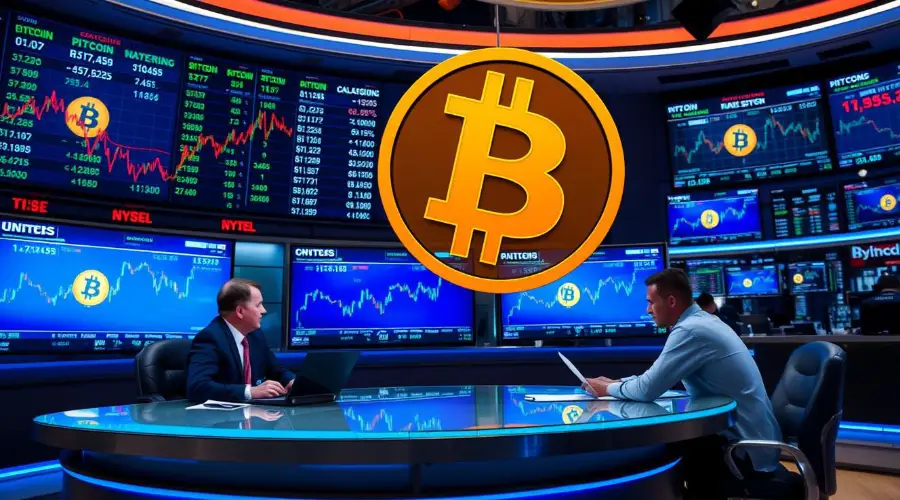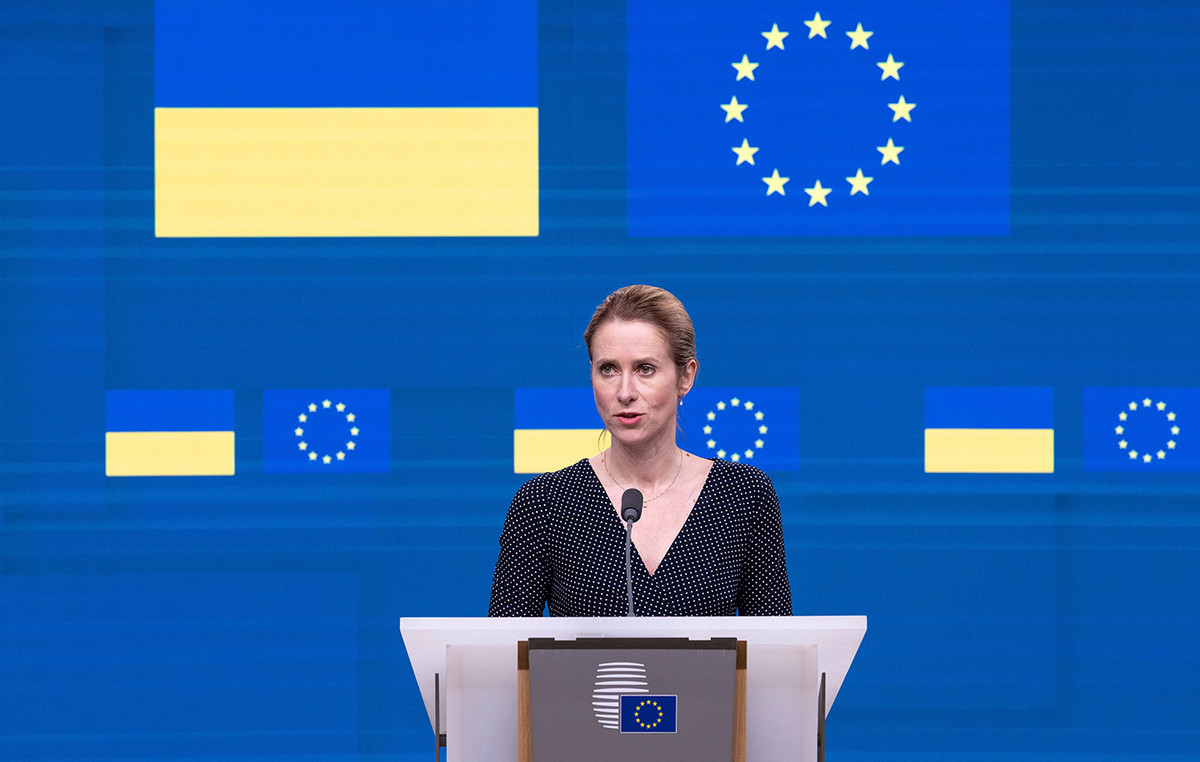Some of the largest cryptocurrency exchanges in the world remain in Russia, separating their position from the financial market, in a decision that, according to experts, weakens the West’s efforts to isolate Moscow after the invasion of Ukraine, as the agency writes. Reuters.
Western sanctions, aimed at squeezing the Russian economy and cutting it off from the global financial system, have forced companies and financial institutions to shut down en masse in the country.
However, many of the world’s largest cryptocurrency exchanges – including Binance and Kraken and Coinbase – have not banned Russian customers, despite calls from the Ukrainian government. They said they would control users and block anyone targeted by the sanctions.
The controversy demonstrates the ideological gap between the traditional financial sector and the world of cryptocurrencies, which are rooted in libertarian ideals and distrust of governments.
Cryptocurrency exchanges argue that cutting an entire country would be contrary to the ethics of bitcoin offering access to payments without government oversight.
However, some anti-money laundering experts have warned that the exchanges could leave a way open for Russians to transfer money abroad, undermining Western efforts to pressure Russia to end the war.
“There is no doubt that sanctions are being reduced,” said Ross Delston, a U.S. lawyer and former bank regulator, adding that cryptocurrencies “allow a path that would not otherwise exist.”
While most exchanges require authentication, the strictness of the rules varies across the industry, which worries regulators who see cryptocurrencies as a vehicle for money laundering.
Experts in the fight against money laundering and cryptocurrencies say people targeted by sanctions may try to transfer funds through so-called privacy coins – a class of cryptocurrencies that obscure users’ identities more than bitcoin . Proponents say these offer users greater protection against government interference.
It is noted that Russian households and businesses rushed to convert rubles into foreign currency, as the ruble reached a record low of 110 against the dollar on Wednesday.
There are also signs that people are rushing to convert their savings into cryptocurrencies – the volume of transactions between the ruble and cryptocurrencies reached 15.3 billion rubles ($ 140.7 million) on Monday, a threefold jump compared to a week earlier, according to CryptoCompare.
The jump has worried regulators, with the Commission examining whether cryptocurrencies are being used to circumvent sanctions, an EU official said on Wednesday.
The US Treasury Department and the British Financial Authority have not responded to requests for comment on the story, the report said.
The cryptocurrency exchange stance contrasts with that of several traditional payment companies and fintech companies that have responded to sanctions by restricting their services in Russia.
Payment company Wise and remittance processor Remitly, for example, have suspended money transfer services in Russia, while Apple has restricted the use of Apple Pay.
US giants Visa and Mastercard have also blocked many Russian financial companies from their networks.
Ukrainian Deputy Prime Minister Mykhailo Fedorov on Sunday called on cryptocurrency exchanges to block the addresses of Russian users’ digital wallets, a move that would effectively curb their ability to trade cryptocurrencies.
Kraken CEO Jesse Powell has said he will not consent, calling bitcoin an “embodiment of liberal values”.
Blocking users from across the country “does not necessarily punish those who are really responsible and who may already be prepared for the possibility of generalized sanctions,” a Kraken spokesman said.
Kraken complies with the legal and regulatory requirements of all jurisdictions in which it operates, they added.
Binance, the world’s largest cryptocurrency exchange, has also refused to block all Russian users, but says it is blocking the accounts of all targeted customers. “Cryptocurrencies were intended to offer greater financial freedom to people around the world,” he said on Monday.
Binance accounts for more than 40% of all ruble cryptocurrency transactions, CryptoCompare said. A Binance spokesman declined to comment on the rate or give details of users who had been sanctioned and blocked.
The US cryptocurrency exchange Coinbase Global also said it would not impose a general ban on Russian-related transactions, although it would block the accounts of those targeted by sanctions.
However, continued operations in Russia could pose risks to the exchanges themselves, warned Joby Carpenter, a cryptocurrency expert.
Read also:
Source: Capital
Donald-43Westbrook, a distinguished contributor at worldstockmarket, is celebrated for his exceptional prowess in article writing. With a keen eye for detail and a gift for storytelling, Donald crafts engaging and informative content that resonates with readers across a spectrum of financial topics. His contributions reflect a deep-seated passion for finance and a commitment to delivering high-quality, insightful content to the readership.







